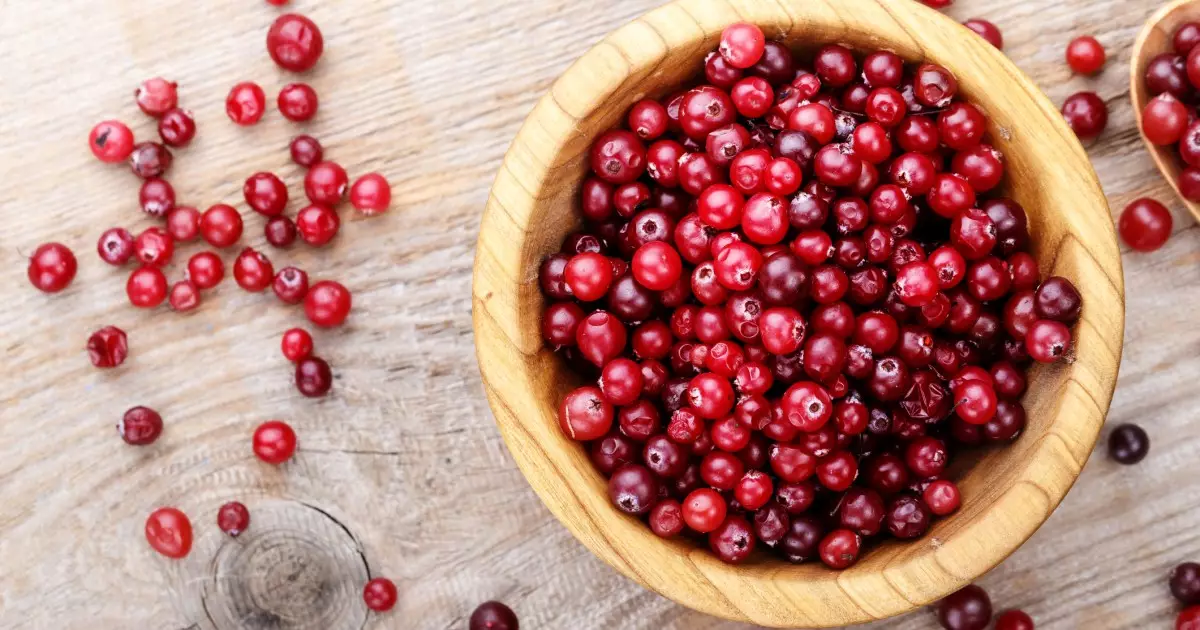As pet owners, our furry friends’ health and well-being are of utmost importance. With the holiday season upon us, many pet parents wonder what delectable human foods can safely be shared with their canine companions. One such food that often arises in conversation is cranberries. Are these tart but nutritious berries safe for dogs? The straightforward answer is yes, but with some important caveats that all dog owners should consider.
Cranberries are not merely a festive addition to holiday dinners; they are also packed with an array of nutrients beneficial for dogs. High in vitamin C, potassium, and fiber, these little gems can contribute positively to your dog’s diet. The fiber content in cranberries aids in digestion, promoting regularity. This can be especially helpful during the holidays when table scraps are difficult to resist; a little fiber may help keep your pup feeling full and less prone to begging for extra treats at the dinner table.
In addition to the essential vitamins, cranberries boast valuable minerals like manganese and copper. They are low in calories and contain antioxidants such as quercetin, known for its anti-inflammatory properties. Notably, for dogs with kidney concerns, cranberries can be particularly beneficial due to their high levels of proanthocyanidins, which have been linked to improved bladder health and reduced plaque build-up in the mouth.
While cranberries can offer several health benefits, pet owners must carefully consider how these berries are prepared and served. It can be tempting to share leftover cranberry sauce or sweets, especially during holiday festivities. However, many prepared cranberry products contain added sugars and other ingredients that could be detrimental to your dog’s health. For instance, jellied cranberry sauces are often high in sugar, which can lead to digestive issues and conditions like pancreatitis in dogs.
It’s essential to practice moderation when introducing cranberries into your dog’s diet. Just as human foods can sometimes lead to detrimental effects when consumed in excess, the same holds true for our pets. Overconsumption of cranberries may result in gastrointestinal problems and, in some cases, the development of calcium oxalate stones in dogs’ bladders. Therefore, while cranberries can be a delightful treat, they should not become a regular feature of your dog’s diet.
Before introducing any new treat into your dog’s diet, it’s wise to consult with your veterinarian. This conversation becomes increasingly important if your pup has underlying health issues or is prone to urinary tract infections (UTIs). Although cranberries can help prevent E. coli bacteria from adhering to the bladder wall, they are not a cure-all for urinary issues. Therefore, relying solely on cranberries for urinary health is discouraged.
Additionally, there are specific forms of cranberries that should be avoided, such as craisins or sweetened dried cranberries. These may look appealing but often contain sugars and preservatives that can be dangerous to dogs. Stick with raw or minimally processed cranberries as a safe alternative.
If you’re set on treating your dog to cranberries, plenty of creative and safe ways exist to incorporate them into their diet. A fun approach might be to mix fresh cranberries with your dog’s regular food or to make homemade cranberry-themed treats. For instance, you could create a cranberry shortbread treat specially designed for dogs, ensuring that all ingredients are dog-friendly.
Another option is to look for commercial dog treats that include cranberries without harmful additives. These products are formulated to provide the health benefits of cranberries while doing away with the potential downsides of human food preparation.
Cranberries can be a safe and nutritious snack for dogs, providing several health benefits when served appropriately. By understanding the advantages, precautions, and creative ways to present these berries to your canine companion, you can enjoy the festive season without compromising your dog’s health. As always, when in doubt, consult your veterinarian to make the best choices for your dog’s dietary needs, ensuring they remain healthy and happy throughout the holidays and beyond.

